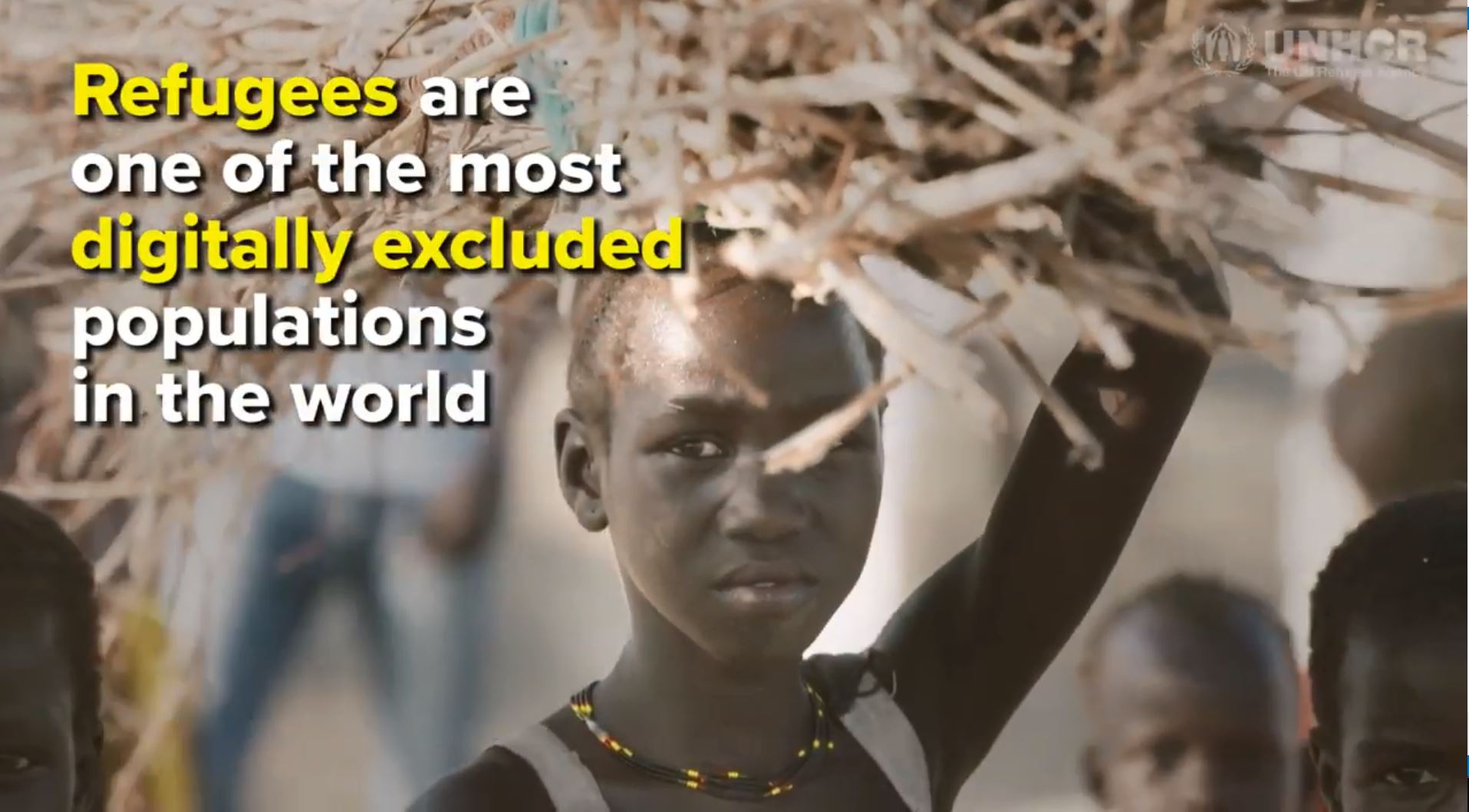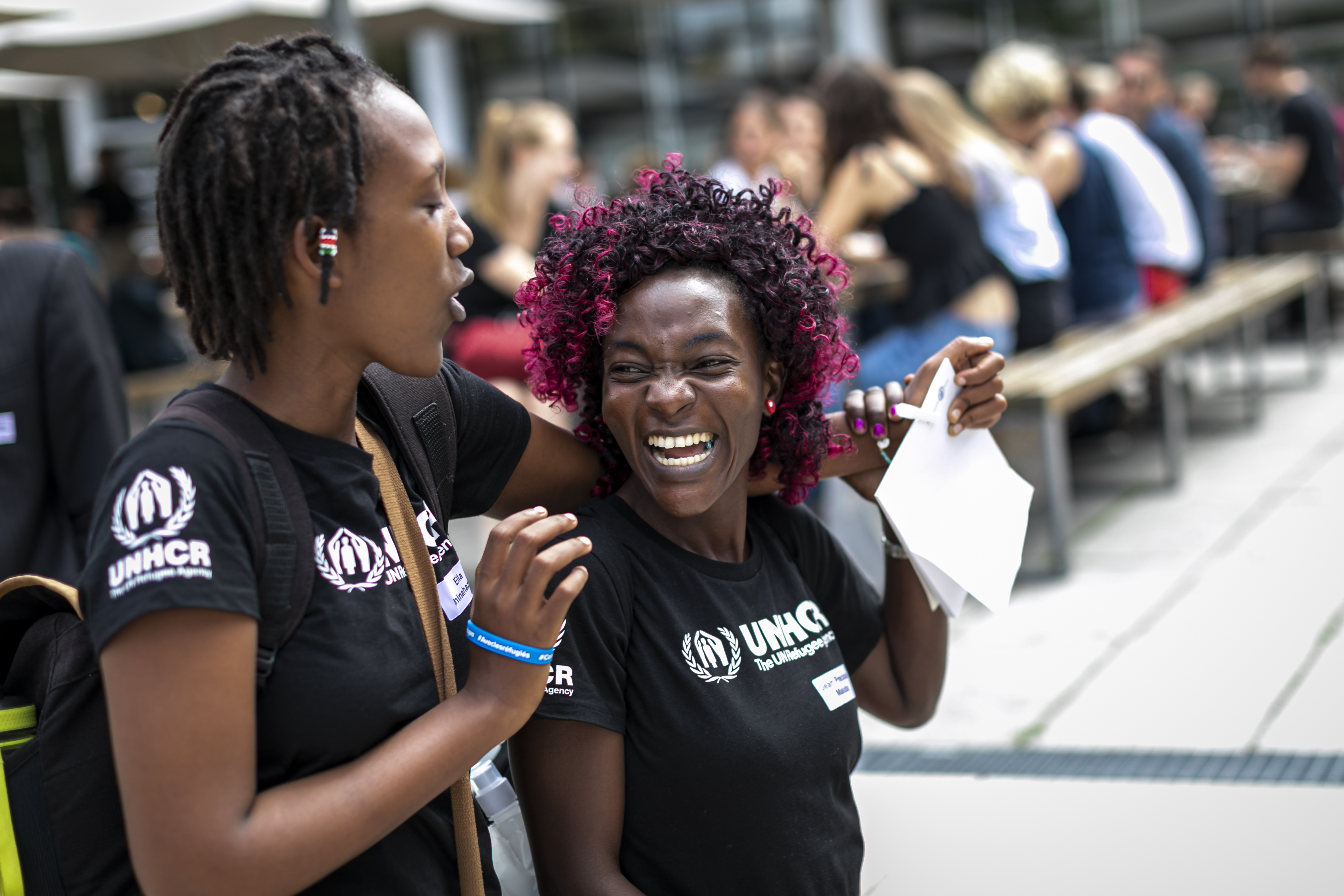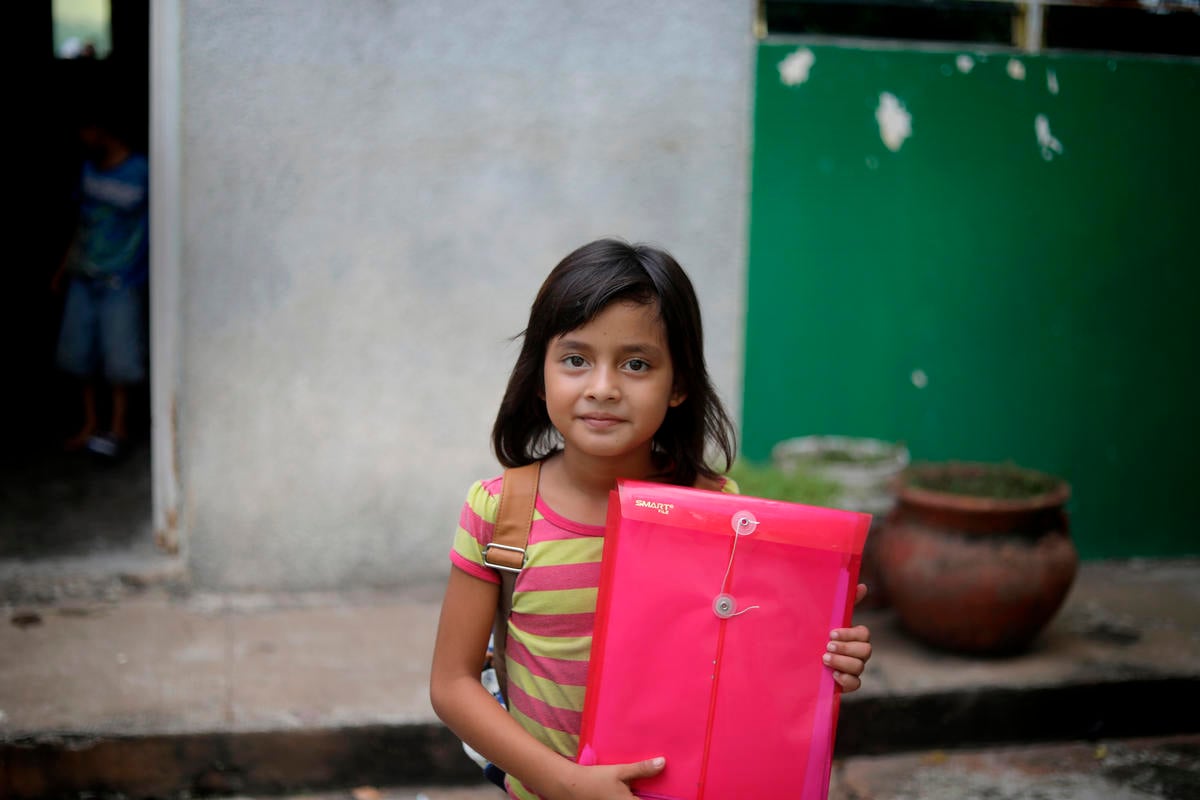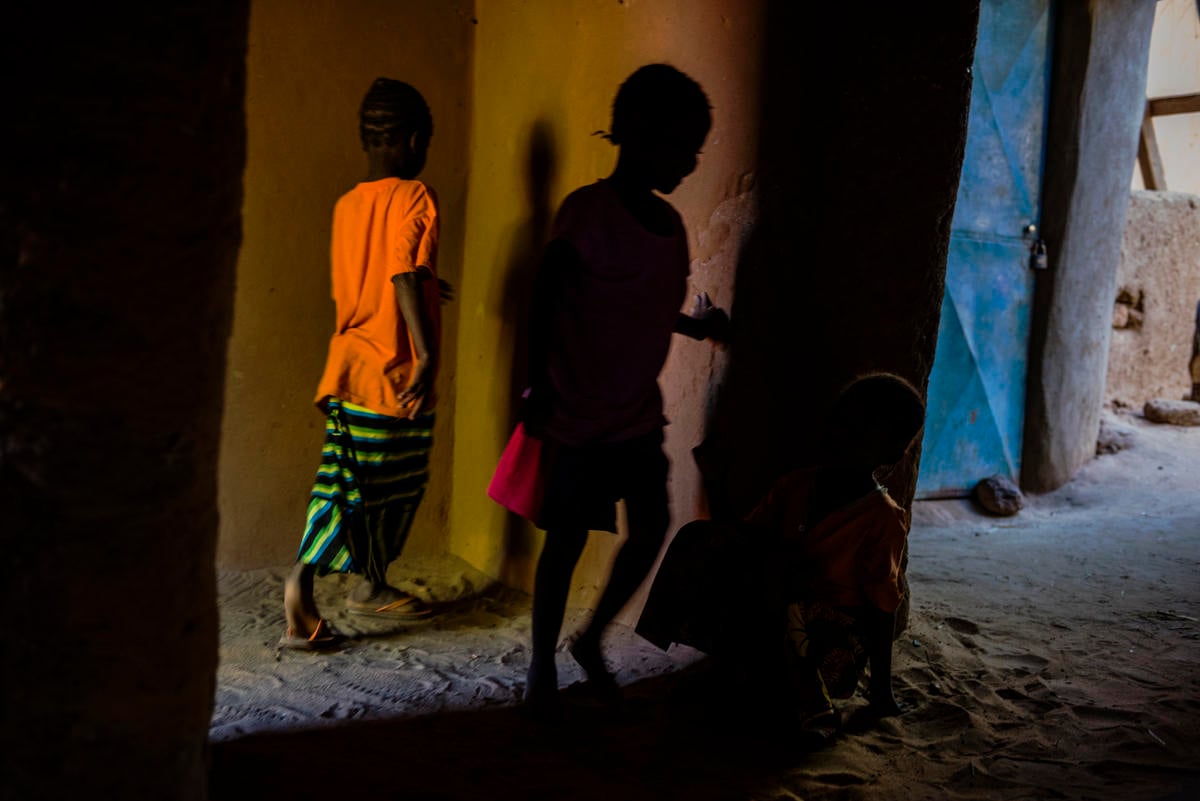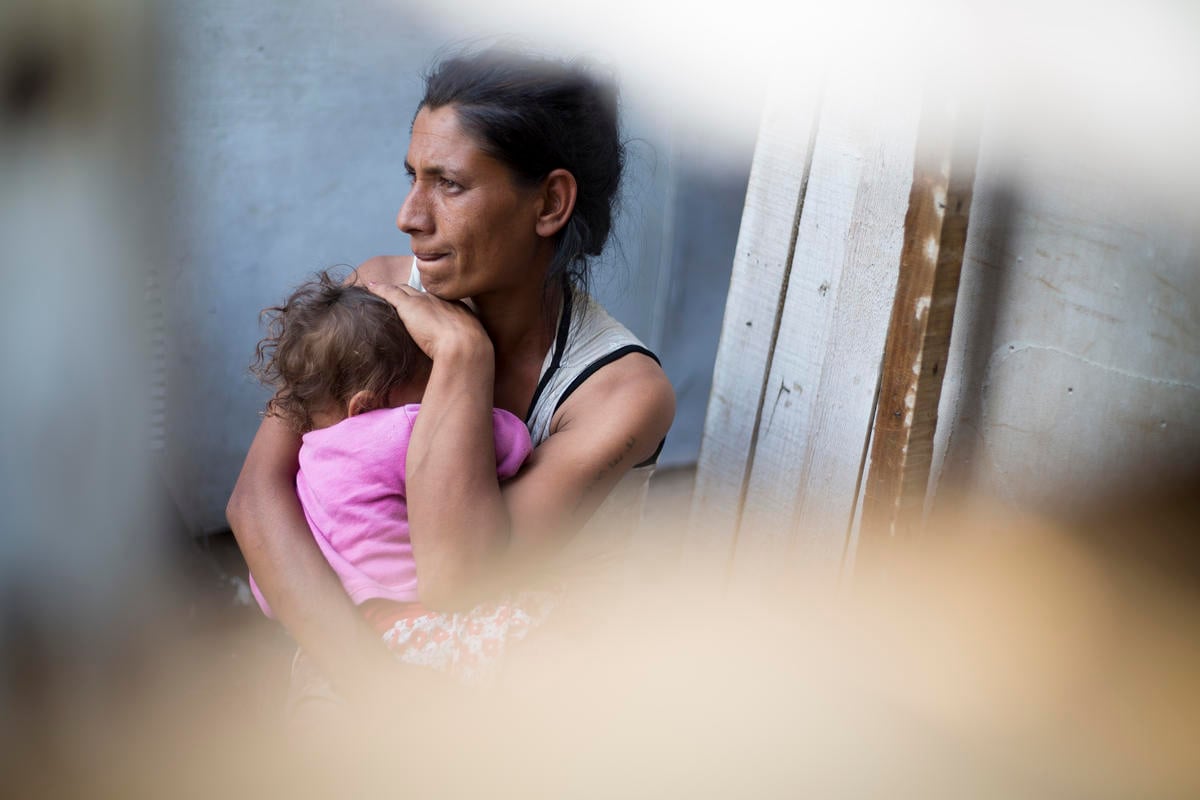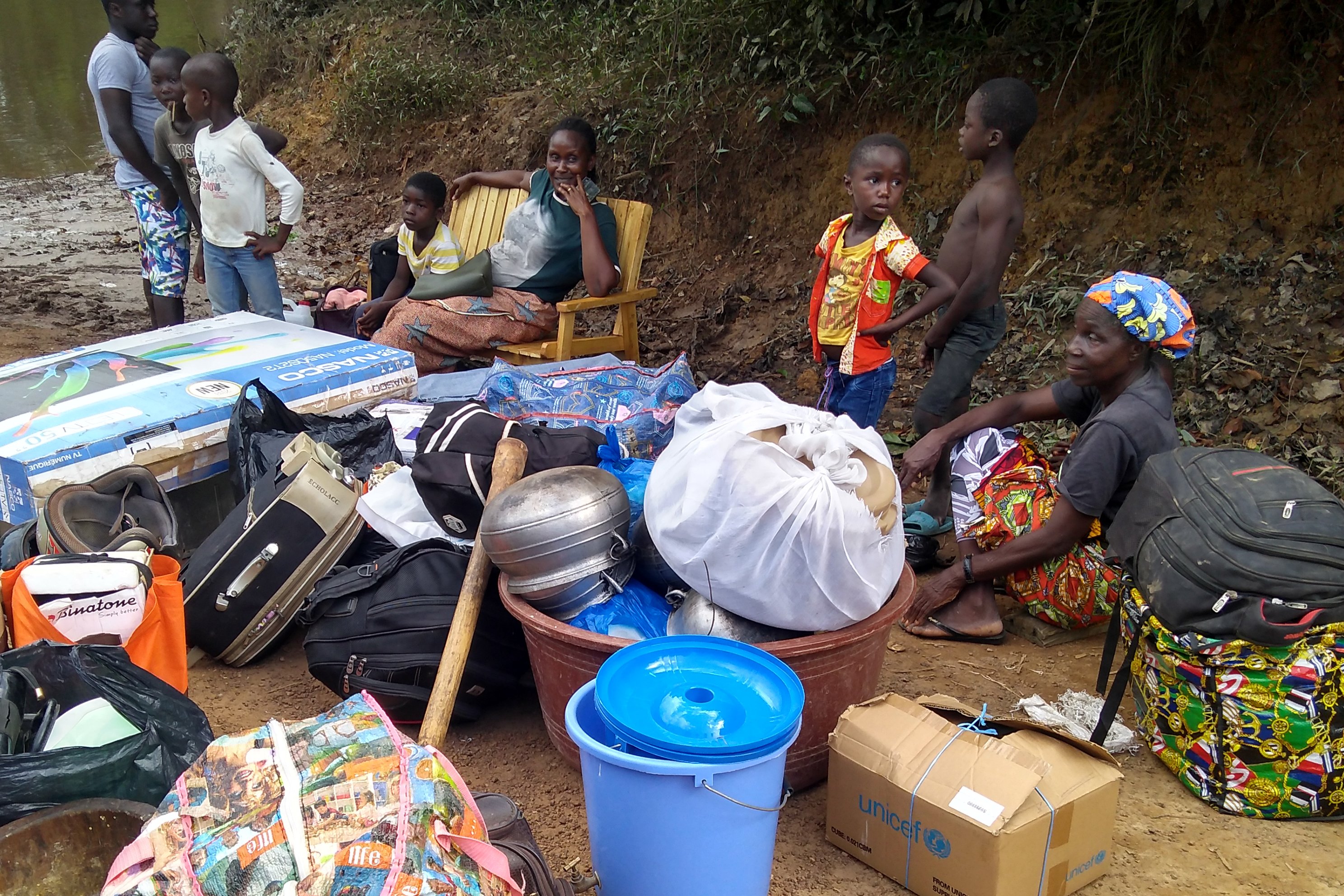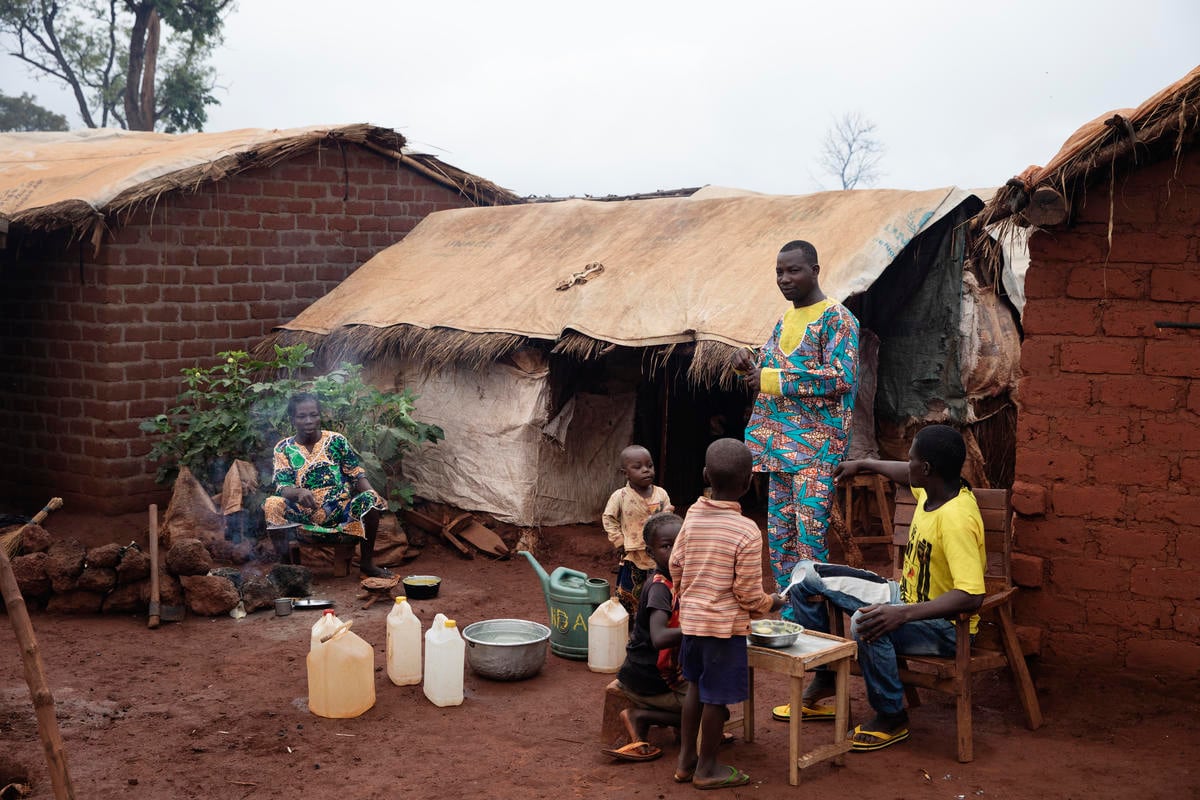Microsoft
Together with UNHCR, we will harness our combined expertise, resources, and advocacy to empower young women and men refugees with access to digital skills, computer science and certified training. Refugees are one of the most digitally excluded populations in the world and our goal is to take part in delivering a sustainable global solution that fosters youth employment and entrepreneurship opportunities.
About the partnership
Since: 1999
Locations: Worldwide
Since 1999, Microsoft formalised its relationship with UNHCR by working side-by-side to deploy and develop technologies to assist the millions of people of concern to UNHCR worldwide. The partnership began during the refugee crisis in Kosovo, and has expanded to several other countries, including Uganda, Sierra Leone, Rwanda, Guinea, Sudan and Tanzania.
In 2003, Microsoft signed an agreement with UNHCR to establish two facilities, at Dadaab refugee camp in Kenya and in St. Petersburg, Russia, where refugees would be able to learn valuable computing and software skills.
In 2007, the partnership launched an initiative to support an Internet-based campaign aimed at raising funds and promoting sports and education for millions of refugee children around the world.
In 2018, they embarked on an ambitious joint project that harnesses their combined expertise, resources, reach and advocacy to empower refugees in Kenya, and youth from surrounding communities, by providing future-ready digital skills to prepare them for livelihood opportunities. There are plans to expand the project to Malawi, Iraq, Pakistan and Uganda.
Impact at a glance
- Since 1999, Microsoft formalised its relationship with UNHCR by working side-by-side to deploy and develop technologies to assist the millions of people of concern to UNHCR worldwide.
- Microsoft and UNHCR are working together to create a future where young refugees and the communities that host them have access to digital skills, including computer science, certified training and livelihood opportunities.
- The collaboration with Microsoft aims to empower 25,000 refugee and host community youth in Kakuma with digital skills and computer science trainings by 2021, with plans to expand to Malawi, Iraq, Pakistan and Uganda.

